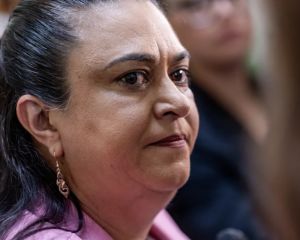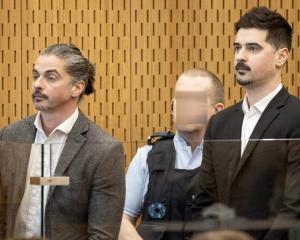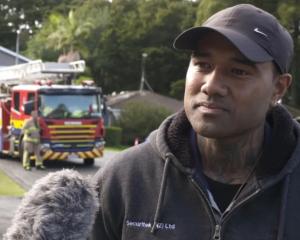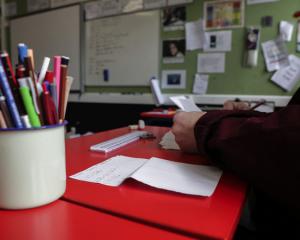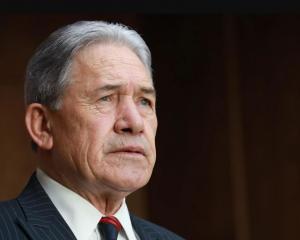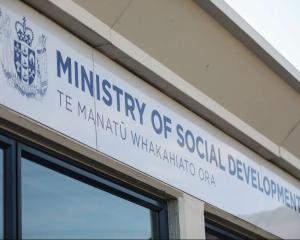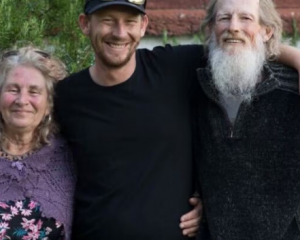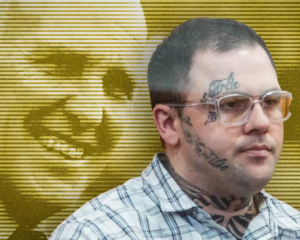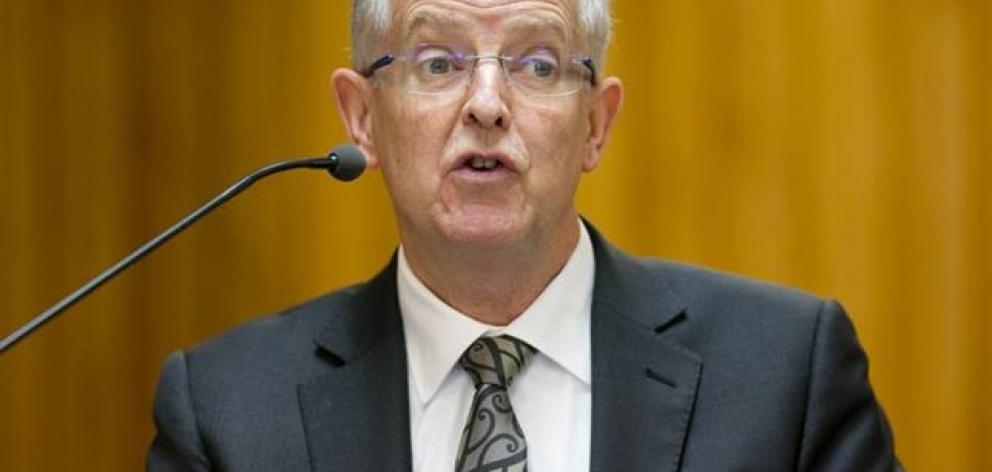
Mentally unwell children - including an 8-year-old - have been admitted as inpatients to adult mental health wards more than 1300 times during the last five years as the health system struggles to keep up with the number of children in crisis.
The United Nations Convention on the Rights of the Child and Ministry of Health guidelines state children deprived of their liberty - including mental health inpatients - should only be treated alongside adults as a last resort and for the shortest period possible because detainment in an adult facility could be detrimental to their wellbeing.
Admissions of children to adult mental health facilities increased by more than 300% from 2012 to 2016, jumping from 63 to 254.
In total, children under the age of 18 spent more than 6200 days in adult inpatient units in that period, a Weekend Herald analysis of 18 Official Information Act responses has found.
Health Minister David Clark said this was "completely unacceptable" and promised to urgently address it.
Children's Commissioner Judge Andrew Becroft said treating children in adults wards was "wrong in principle". He planned to meet with Clark to discuss it as soon as possible.
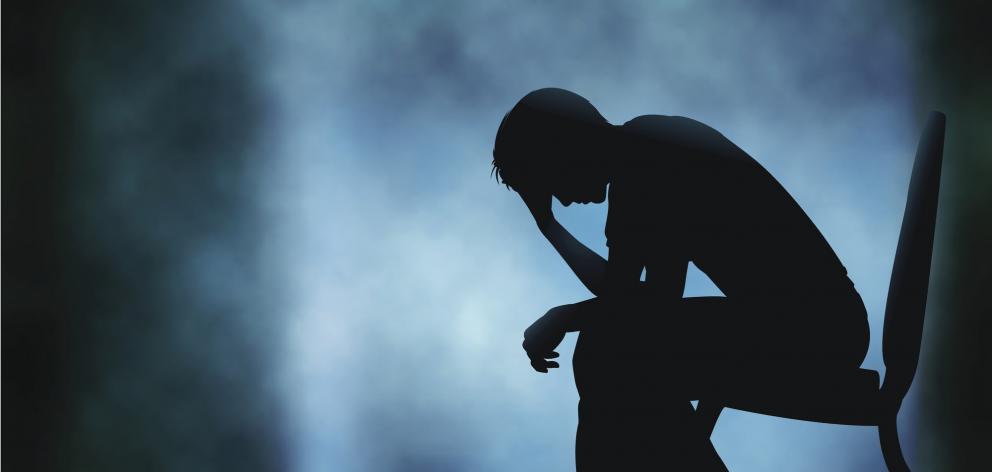
Regions with little access to child mental health beds have some of the highest rates of admission of children to adult mental facilities - at Southern DHB there had been 406 since 2012 and in Taranaki, 175 - including an 8-year-old.
Of the 48 adolescent inpatient beds in New Zealand's public health system, 41 are in main centres.
Southern DHB has two in Dunedin and Taranaki has two - but both are at Starship's Child and Family Unit.
Spokespeople for Southern, Taranaki and Whanganui DHBs all said admitting children to adult wards was a last resort and those who needed mental health inpatient treatment were first admitted to paediatric wards.
If they needed to be moved to a specialist mental health unit every effort would be made to get them into a child unit - although sometimes the distance made this impractical or the beds there were full.
Any child admitted to an adult unit in the regions had a chaperone 24/7, the DHB spokespeople said.
The Weekend Herald's investigation has also revealed that across the country during the last five years:
- An 8-year-old spent four days in an adult mental health ward while awaiting a place in a children's unit
- A 17-year-old spent 506 days in a medium-security adult intellectual disability dual unit
- A suicidal 13-year-old who was grieving for a friend who had taken their own life was admitted to an adult unit for two days while waiting for a bed in an adolescent unit
- A teenager who was in an adult mental health ward because they were assessed as being "more adult than adolescent in development" was physically assaulted by another patient
- Teenagers were restrained at least 14 times
- Nurses were twice grabbed and dragged onto beds by teenagers in adult units
- Youth staying in adult units were involved in at least 100 reportable incidents - ranging from breaking a spoon to attempting suicide
Becroft said New Zealand's health system - along with Oranga Tamariki - had struggled to cope with the numbers of children with serious behavioural, emotional and mental health problems for some time and the need for treatment was growing.
Agencies were doing the best they could, and it was better children in crisis were treated in adult wards than not at all or away from whanau, but more investment and resources were urgently needed.
Clark said the previous Government hadn't prioritised youth mental health.
"Sadly, it will take years to right the balance, but I am determined to progress with urgency from the start."
The Labour-led Government would launch a ministerial mental health inquiry in its first 100 days, and Clark expected this would "raise further concerns and advice on the issue".
National's Dr Jonathan Coleman said he had been unaware of admissions rates of children to adult mental health wards and related incidents when he was Health Minister, but would have expected all decisions were made in children's best interests.
"These are operational decisions made by individual DHBs and the Ministry of Health and the individual DHBs and the Ministry need to account for these decisions."
Dr Peter Watson, who has worked in youth health for more than 20 years and is now clinical director of mental health at Counties Manukau DHB, said most people would agree 1300 admissions to adult mental health units across the country was far too many.
While more dedicated youth inpatient beds or changing models of care may help reduce child admissions to adult units, ultimately it was better to invest in preventing children reaching crisis point by ensuring they had the right support from adults in the community, he said.
"It's about what we can do to keep people out of hospital and out of services quite frankly."
NEED HELP?
- Healthline 0800 611-116
- Lifeline Aotearoa 0800 543-354
- Suicide Crisis Helpline 0508 828-865 (0508 TAUTOKO)
- Samaritans 0800 726-666
- Alcohol Drug Helpline 0800 787-797
- General mental health inquiries 0800 443-366
- The Depression Helpline 0800 111-757
- Youthline 0800 376-633 txt 234 or email talk@youthline.co.nz
- What’s Up (for 5 to 18-yearolds; 1pm-11pm) 0800 942-8787
- Kidsline (aimed at children up to 14; 4pm-6pm weekdays) 0800 543-754 (0800 kidsline)
- Eating Disorder Services New Zealand 0800 2 EDANZ or (09) 5222679info@ed.org.nz
- If it is an emergency and you feel like you or someone else is at risk, call 111.
Comments
Getting help for children who desperately need urgent mental health help is impossible in New Zealand. In fact our experts believe children in New Zealand don't suffer from mental health it's all " just bad parenting" and besides " the label of any mental health condition might hurt the child's feelings" so any child experiencing severe mental health issues, such as suicidal, hearing voices, etc etc are not looked after unless they are lucky enough to be admitted into an adult mental health ward, child mental health services are a joke and often cause more harm than good. As soon as a child presents extreme mental health issues, it's considered to be " bad parenting" and movcot (cyps) are promptly dragged in to remove the child from the parents, thus making the situation worse by removing the love, support, and familiarity of family and friends and putting the child with strangers who are then, not allowed to touch the child ie stop the child from killing themselves, hurting themselves, hurting others, breaking or damaging property etc. the police must be called to deal with the child. Will the police arrive in time?

